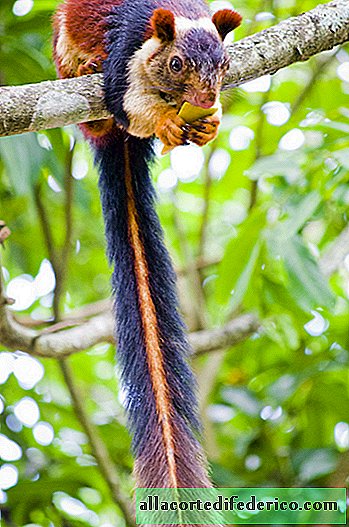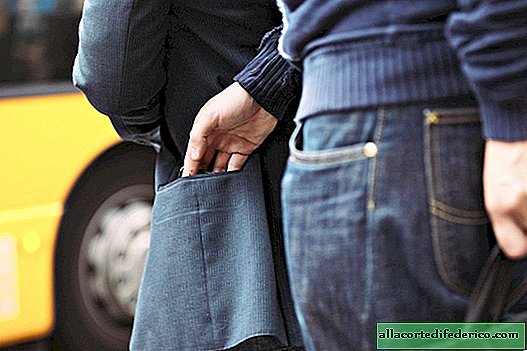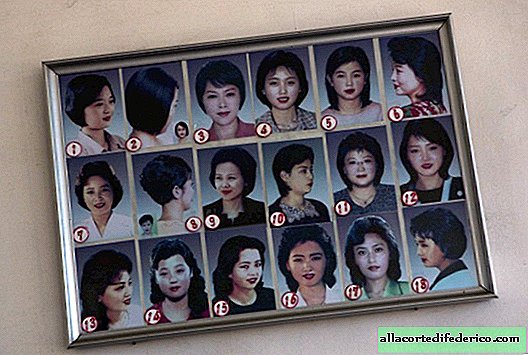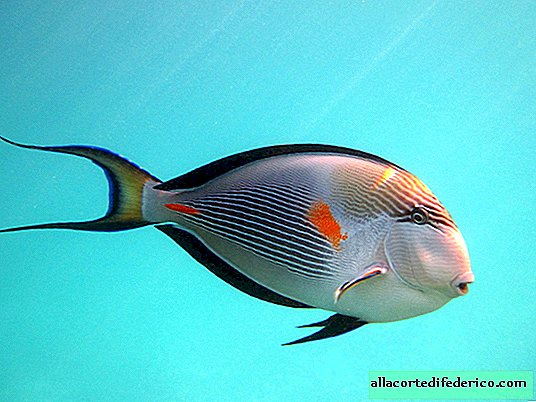Stunning science experiment results: what are monkeys ready for money
American scientists, trying to learn the basics of social behavior of people and animals, conducted one experiment, the result of which surprised even themselves.
As test animals, primates took part in the experiment as being closest to humans in terms of intelligence.
In the first part of the experiment, specialists instilled in the monkeys the notion that for the work done you can get a reward. They were offered to pull the lever and given a tasty delicacy - grapes. It should be noted that the load was attached to the lever, so for the monkeys this process was not connected with entertainment, but rather was the most labor activity. And primates willingly did this hard work, because they knew that for this they would be rewarded. But these skills are reminiscent of the behavior of other animals that can be trained, and are not of much interest compared to what happened next.
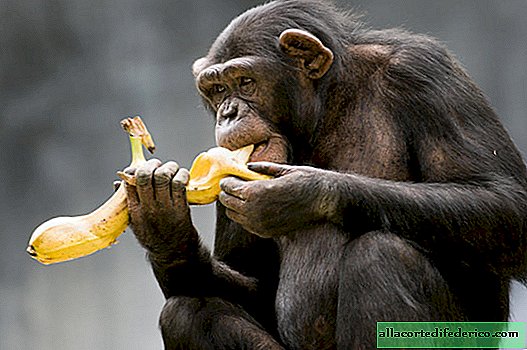
The next step was to replace the grapes with multi-colored tokens, which primates could then exchange for food. The monkeys still pulled the lever, worked, only now they were given not grapes, but multi-colored "coins", which in a special place could be exchanged for fruit, sweet soda or other goodies.
Well, then in the monkey community, interesting changes began to take place. First of all, it stratified into hardworking, honest individuals and loafers who profited from them. Monkeys appeared who preferred not to work, but to take away coins from others, thereby earning a living. For this reason, the "psychological climate" in the team began to change: primates became suspicious, greedy, incredulous, irritable and aggressive. There was no trace of the peace-loving monkey society.

Lazy people and obvious "workaholics" were noted, who were only interested in how to earn more money. One monkey tried so hard that in 10 minutes she managed to pull the lever as much as 180 times, for which, of course, she got a lot of tokens. There appeared individuals who did not spend all on food, but accumulated wealth, and even those who consciously saved on food in order to accumulate more coins.
In addition to robberies and hoarding, another interesting point was noted. Initially, the price of sweet grapes and sour apples was the same. Naturally, the monkeys bought what was tastier, and the grapes began to end. Then scientists adjusted the price: sour apples began to cost several times cheaper than grapes. And the monkeys, wanting to save money, began to buy sour apples in large volumes, although they could afford delicious grapes, albeit not in such quantities. You must admit that this behavior strongly resembles the psychology of buyers at sales in supermarkets.

But the most interesting awaited scientists ahead. It turns out that the monkeys began to use the money not only to buy food, but also to locate individuals of the opposite sex. After the female refused the male in intimacy, he offered her money. And she agreed, subsequently exchanging them for fruit. Other individuals also began to act, and both males and females acted as donors of money for "love."
But, as it turned out, commodity-money relations arise in primates not only in the course of experiments. For example, in an Australian zoo live chimpanzees who know how to make money. Thanks to the installed surveillance cameras, it was possible to find out that enterprising animals sold their fruits to visitors to the zoo and took paper money for this. It all started with the fact that a zoo employee found a decent bundle of small banknotes, including foreign ones, in the aviary, which the chimpanzees carefully kept in a secluded place. Where later the monkey "entrepreneurs" intended to spend the money, remains a mystery.


